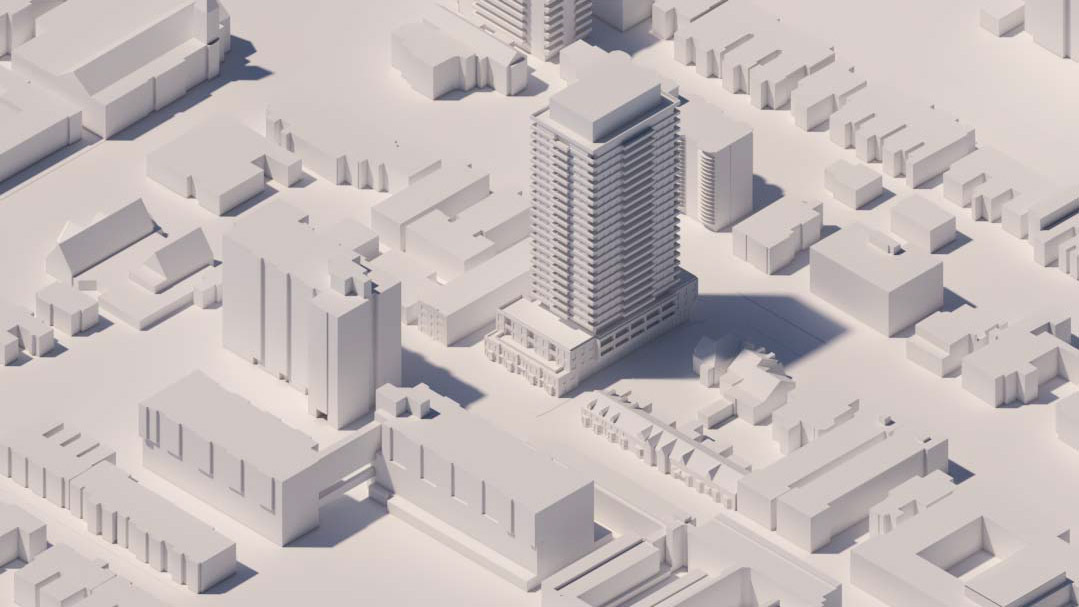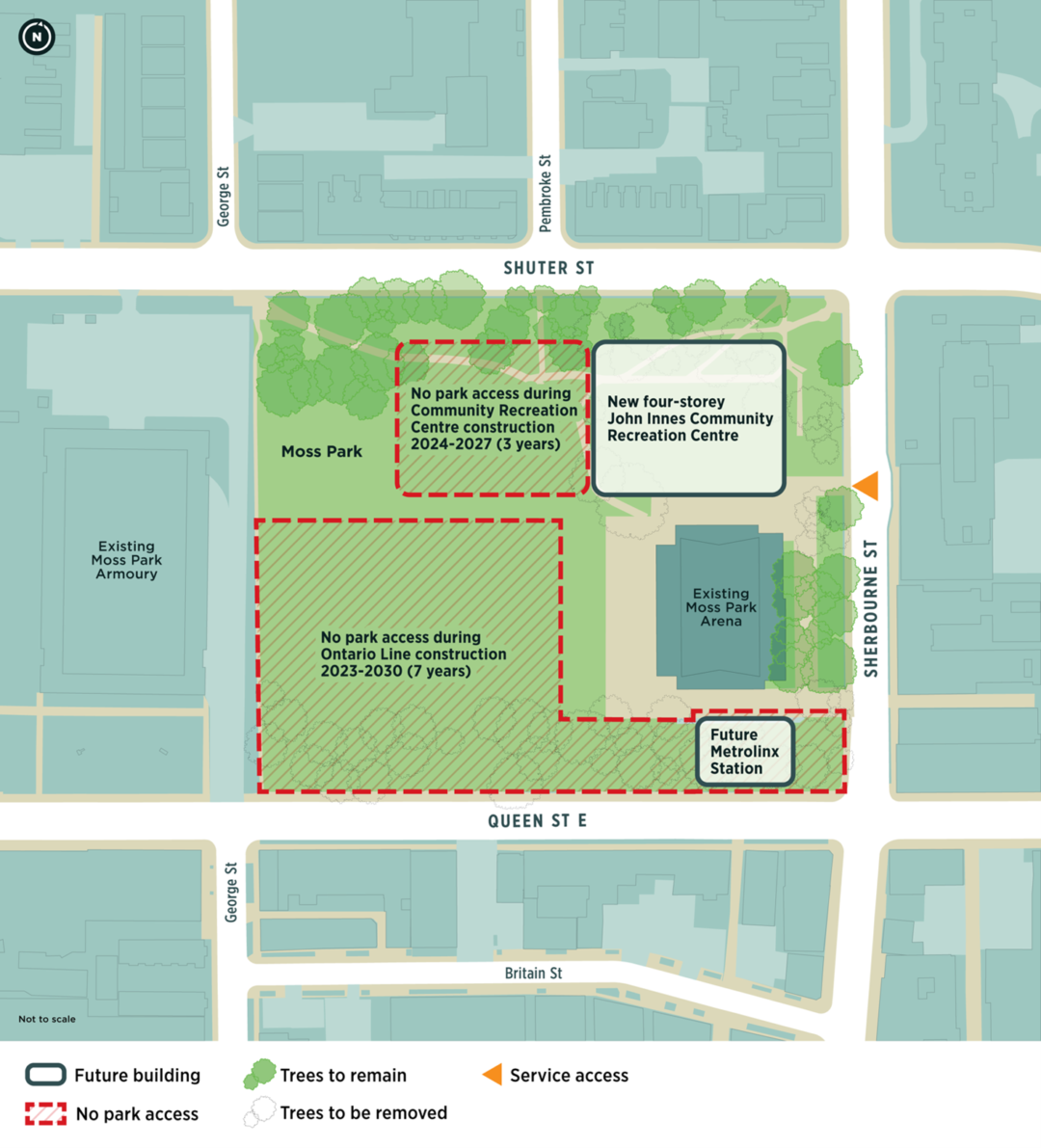By Daryl Gonsalves –
Mayor Olivia Chow officially took office on July 12 and quickly got to work. At her first City Council meeting she addressed the shelter crisis faced by refugees and asylum seekers in Toronto.
Another colossal problem the mayor inherited from the Rob Ford and Tory years is a $1 billion budget shortfall. Many have speculated that Chow’s administration and council will be forced to raise taxes to tackle this looming issue.
Chow has formally requested funding from the federal and provincial governments. Deputy Prime Minister and Finance Minister Chrystia Freeland – who represents the Toronto riding of University-Rosedale — responded that the federal government has already provided $6 billion since 2015 and passed the request to the provincial government. A spokesperson for the Ford government relayed a similar message; that the province had provided billions to the City of Toronto to address the Covid-19 shortfall.
Despite the cold shoulder, an August 17 news release stated that the city needs immediate and sustained support from the Government of Canada and the Province of Ontario to prevent significant tax increases, service reductions and/or cancellation of capital projects that align with shared goals, including housing, transit and climate action.
City staff continue to raise the alarm over the finances, saying operating and capital pressures of $46.5 billion over 10 years are expected. In a detailed report delivered to the Executive Committee on August 14, staff note that this pressure has been created over decades. The report insists that inaction is not an option, as financial sustainability and urgent 2024 needs are at stake.
Options to improve the city’s fiscal health include a new sales tax, higher on-street parking fees; a 911 levy for next-generation 911 (emergency) costs, increasing the vacant home tax, increasing the municipal land transfer tax for homes selling for more than $3 million, a levy on commercial parking spots, and a review of underutilized real estate.
An August 24 poll by Liaison Strategies indicates that Torontonians are willing to pay more to keep the city functioning.
According to the poll, Torontonians understand that the City has a poor financial standing and actively support new taxes. Although 52% opposed any new sales tax (versus 43% support), they are open to increasing the vacant home tax (73% support), the municipal land transfer tax for homes over $3 million (67% support), and on-street parking fees (54% support). The company surveyed 816 Toronto residents and cited a margin of error of plus or minus 3.43%, 19 times out of 20.
On August 24, the Executive Committee heard directly from Toronto residents about the staff report. One speaker supported the new or higher taxes on condition that TTC service was restored. Another argued the city needs to get spending under control. To start with a quick win, the city could reconsider the decision to host five 2026 World Cup soccer games at a cost of $300 million.




